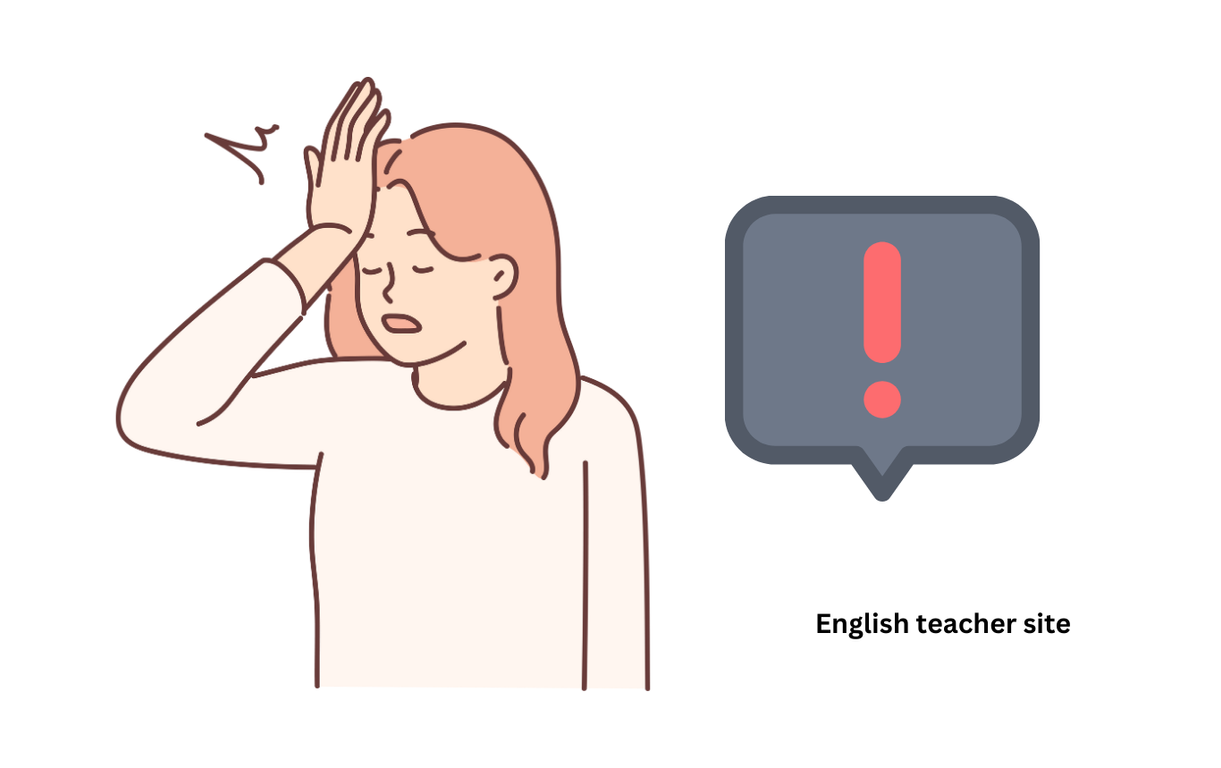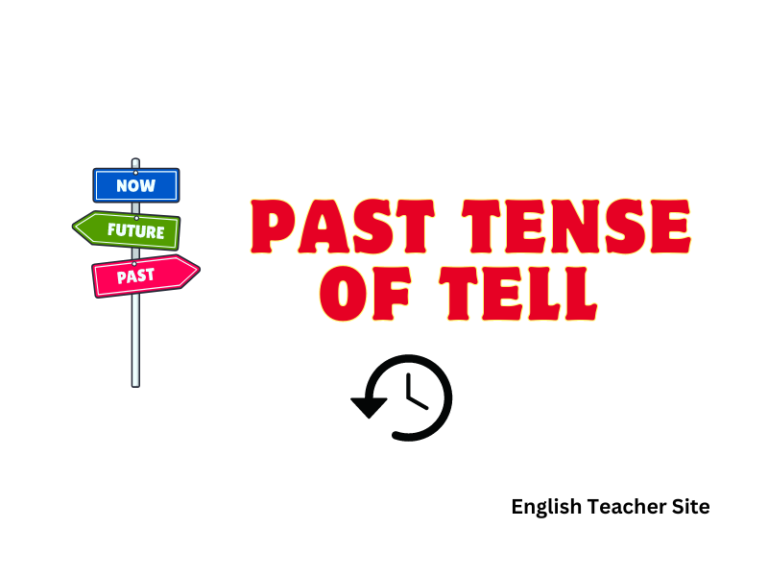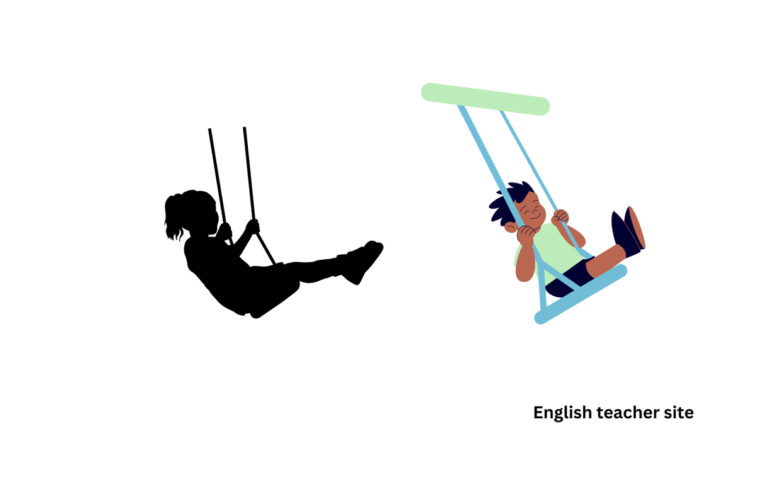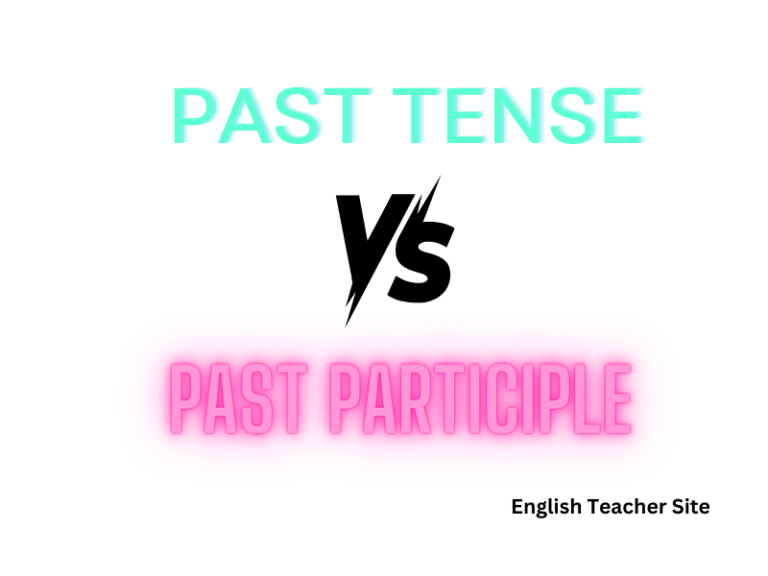Is It Mistook or Mistaken: Exploring the Correct Past Tense of “Mistake”

- “Mistook” is the simple past tense form of “mistake.”
- “Mistaken” is the past participle form used with auxiliary verbs.
- Correct application of “mistook” and “mistaken” reflects precise grammatical understanding.
“Mistook” is the simple past tense of “mistake,” implying that an error or misjudgment occurred at a specific point in the past. On the other hand, “mistaken” is the past participle form and is used in the perfect tenses, requiring an auxiliary verb for correct use, such as in “has mistaken” or “had mistaken.” Grasping these grammatical forms is not just a matter of memorization but understanding their application within sentences.
Is it mistook or mistaken: What’s the past tense of mistake?
When discussing the correct past tense of the verb “mistake,” it’s important to understand that mistake is an irregular verb. This means it doesn’t conform to the standard patterns of English verb conjugation. Here is a concise guide to using it correctly.
The Past Tense Forms of “Mistake”:
| Form | Usage |
|---|---|
| Mistook | Simple past tense: “He mistook her silence for agreement.” |
| Mistaken | Past participle: “She had mistaken the instructions.” |
The simple past tense is used for actions that were completed in the past, while the past participle is often used in perfect tense constructions and when an auxiliary verb such as “have” is included.
Key Differences:
- Mistook is used when referring to a single instance in the past.
- Mistaken is applied when forming present perfect, past perfect, or other perfect tenses. It is also used as an adjective.
Examples with contexts:
- Simple Past: “Yesterday, they mistook my friendliness for flirting.”
- Present Perfect: “I have mistaken the time, and we are now late.”
- Past Perfect: “By the time we arrived, she had already mistaken our intent.”
To avoid confusion, remember that mistook is the action completed, whereas mistaken implies a state or condition resulting from an action. Usage of the correct form emphasizes clarity and correctness in both written and spoken English.
Grammatical Forms of ‘Mistake’
This section will guide you through its conjugation across different tenses, from present to future, and offer examples to illustrate its usage.
Present and Present Continuous Usage
- Present: The base form or infinitive of the verb is “to mistake.” In the present tense, it appears as “mistake” or “mistakes” depending on the subject.
- Present Continuous: For actions happening now, the present participle “mistaking” is used, as in “I am mistaking.”
Past Tense Variations
The verb ‘mistake’ is an irregular verb and does not follow the standard pattern of simply adding ‘-ed’ for the past tenses.
- Simple Past: The simple past form is “mistook.”
- Past Participle: The past participle form is “mistaken.”
- Irregularity: As an irregular verb, ‘mistake’ changes form rather than following regular conjugation patterns.
Future Forms and Perfect Tenses
Future and perfect tenses of ‘mistake’ indicate actions that will be completed at a certain point or might continue to influence future events.
- Future Tense: “will mistake” and Future Continuous: “will be mistaking.”
- Perfect Tenses: Utilize “have,” “has,” or “had” with “mistaken” (e.g., “I have mistaken,” “He had mistaken”).
Special Verb Constructions
In special constructions like the conditional and imperative, ‘mistake’ adapts as follows:
- Conditional: would mistake
- Imperative: let’s mistake
Examples of ‘mistook’ in the past tense (in sentences)
- He mistook her silence for agreement.
- They mistook the exit and found themselves miles off course.
Examples of the past participle ‘mistaken’ (in sentences)
- She had mistaken his intentions.
- You must have mistaken my meaning.
Synonyms of ‘mistake’
Several synonyms can be used interchangeably with the verb ‘mistake’:
- Misunderstand
- Confound
- Misinterpret
Below are two tables listing the conjugation of ‘mistake’ for present and past tenses:
Present Tense Conjugation:
| Subject | Conjugation |
|---|---|
| I | mistake |
| You | mistake |
| He/She/It | mistakes |
| We | mistake |
| They | mistake |
Past Tense Conjugation:
| Tense | Conjugation |
|---|---|
| Simple Past | mistook |
| Past Participle | mistaken |
Using the verb ‘mistake’ correctly involves understanding its various forms and the syntax needed for distinct grammatical constructions. Regular practice with examples and close attention to special verb constructions will enhance your verb conjugation skills.
Common Mistakes and Confusions
Navigating through the English language can be challenging, especially with irregular verbs that deviate from expected patterns. One common source of errors arises in the use of “mistaken” and “mistook”, which are forms of the irregular verb “mistake”. Let’s explore these subtleties to enhance your grasp of their correct usage.
Mistook vs. Mistaken
Mistook and mistaken are different forms of the verb mistake. Here’s how to distinguish between the two:
- Mistook is the simple past form of mistake. It is used to describe an action that was completed in the past.
- Example: He mistook her silence for agreement.
- Mistaken is the past participle form of mistake. It often requires an auxiliary verb and can be used in various tenses.
- Example: She has mistaken the instructions.
| Tense | Example Sentence |
|---|---|
| Past | Yesterday, I mistook you for someone else. |
| Present Perfect | I have never mistaken your kindness for weakness. |
Irregular Verbs Misunderstandings
Irregular verbs like mistake do not follow the typical -ed pattern of regular verbs for past tense and past participle forms. This often leads to misunderstandings in verb conjugation. The table below showcases the contrast between regular and irregular verbs:
| Regular Verbs | Past Tense | Past Participle |
|---|---|---|
| walk | walked | walked |
| listen | listened | listened |
| Irregular Verbs | Past Tense | Past Participle |
|---|---|---|
| take | took | taken |
| mistake | mistook | mistaken |
Tense Usage and Clarifications
Different tenses convey actions at distinct times:
- Past tense (mistook) indicates an action that has already occurred.
- The past participle (mistaken) is versatile and, when combined with “have” or “had”, forms perfect tenses that link the past and the present or the past of the past.
Here are few common tenses where mistaken might be used:
- Present Perfect: He has mistaken the time of the meeting.
- Past Perfect: She had mistaken you for the host before you introduced yourself.
Contextual Usage of ‘Mistake’
In different contexts, mistake and its forms can signify a variety of errors:
- A misstep or fault in one’s actions: He made a mistake in his calculations.
- A misunderstanding or error: They soon realized the mistake in their reasoning.
Source
Harper, Douglas. “Etymology of mistake.” Online Etymology Dictionary
My name is Khamis Maiouf. I am the creator of the English Teacher Site, dedicated to providing valuable resources and insights for students around the world. With a passion for education and a commitment to helping students enhance their skills, I aim to make English teaching more effective and enjoyable for both educators and students.






